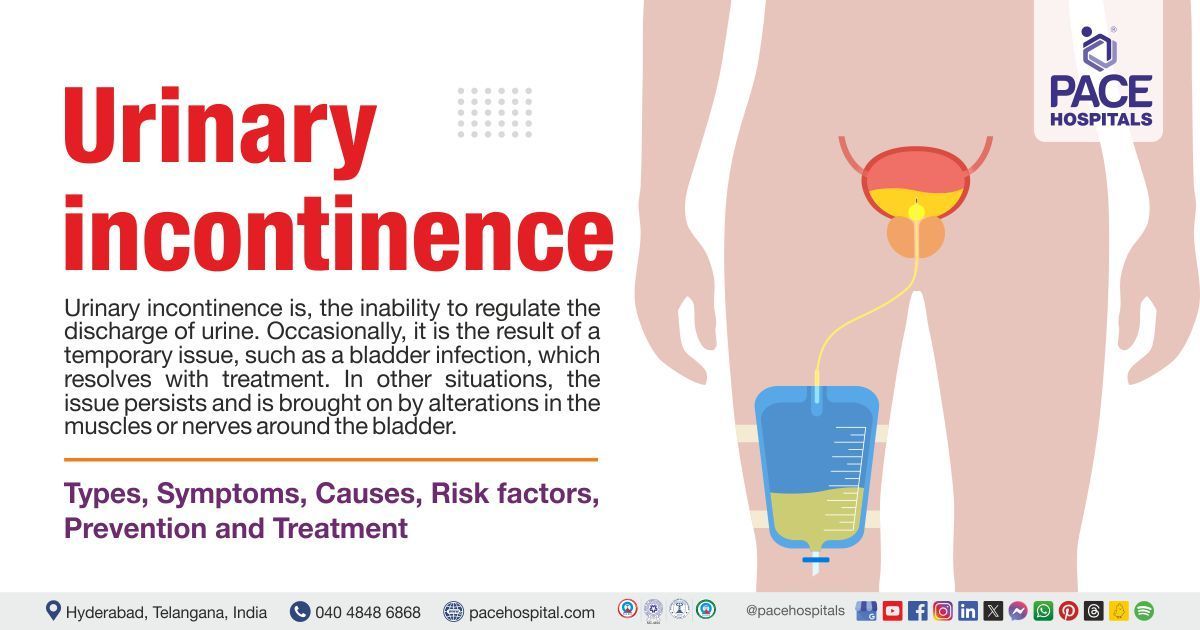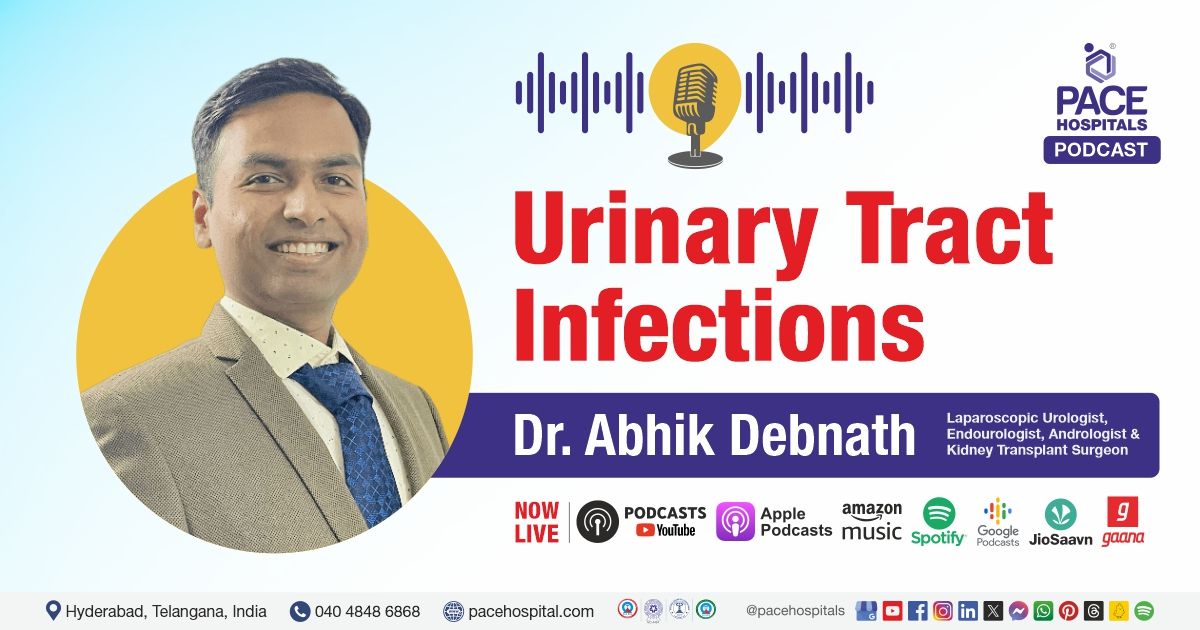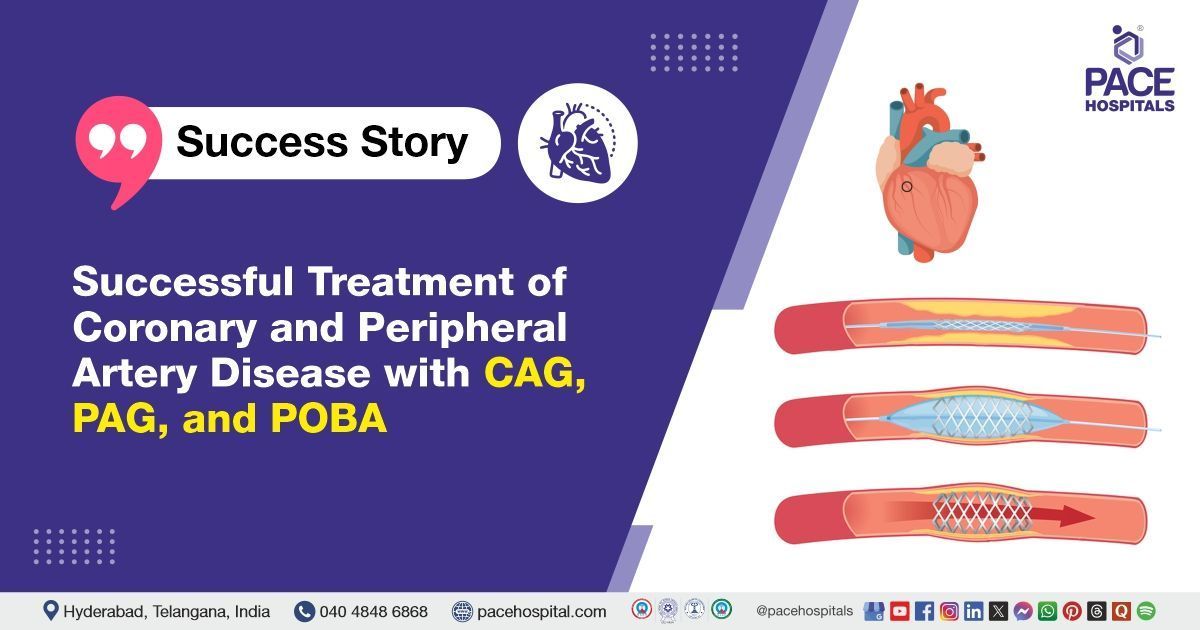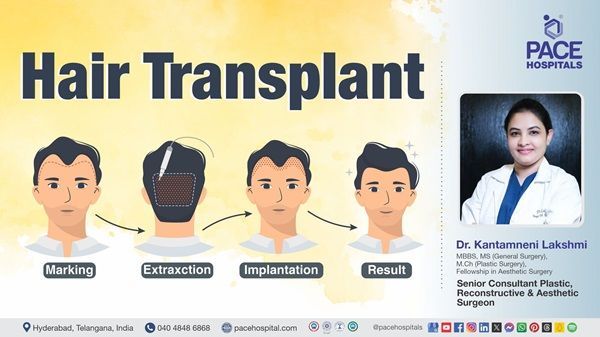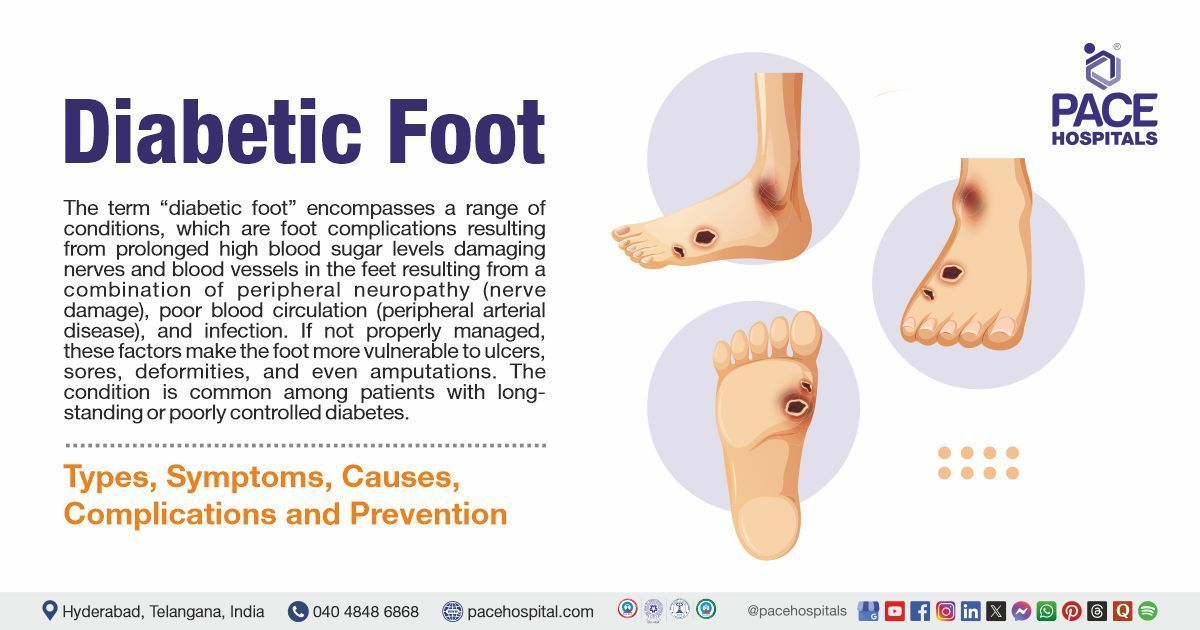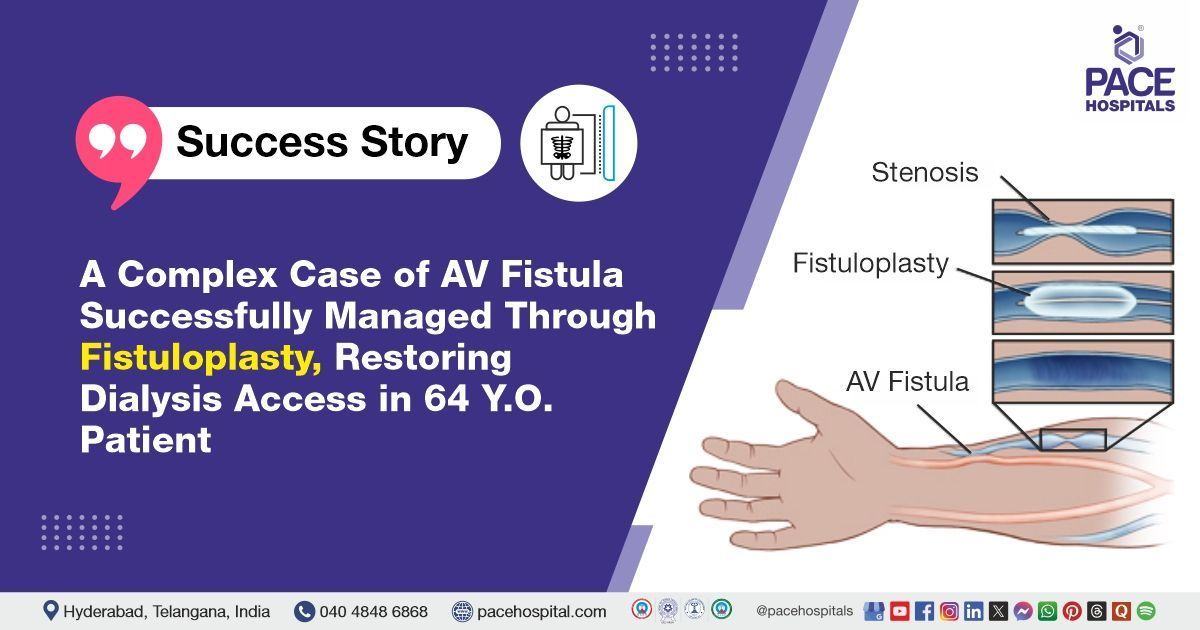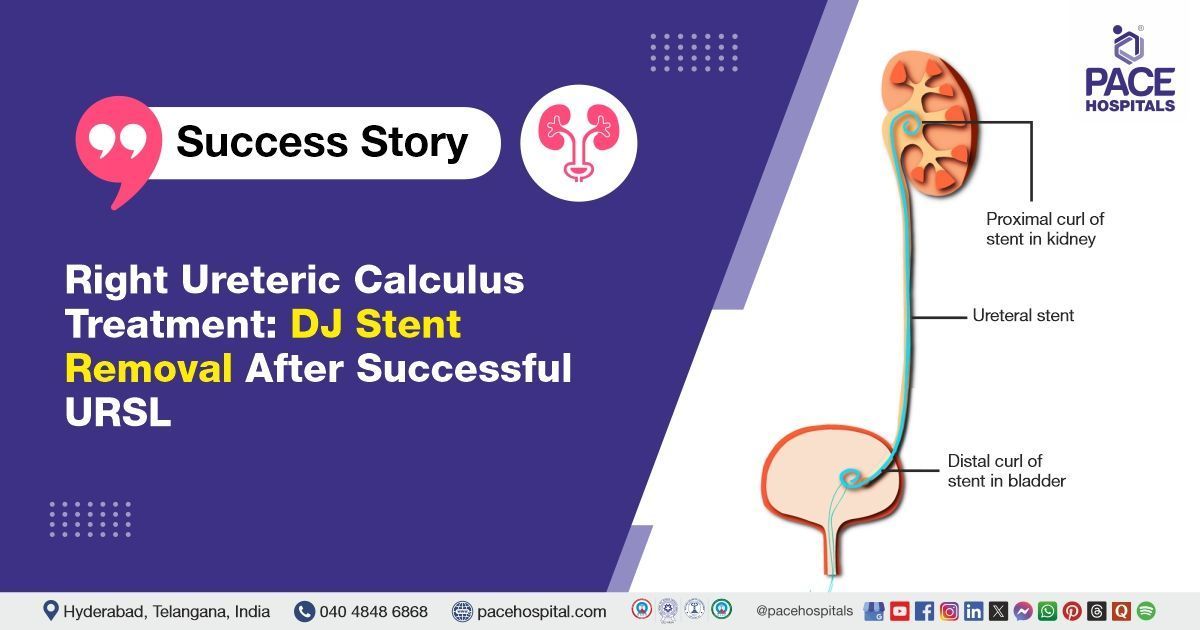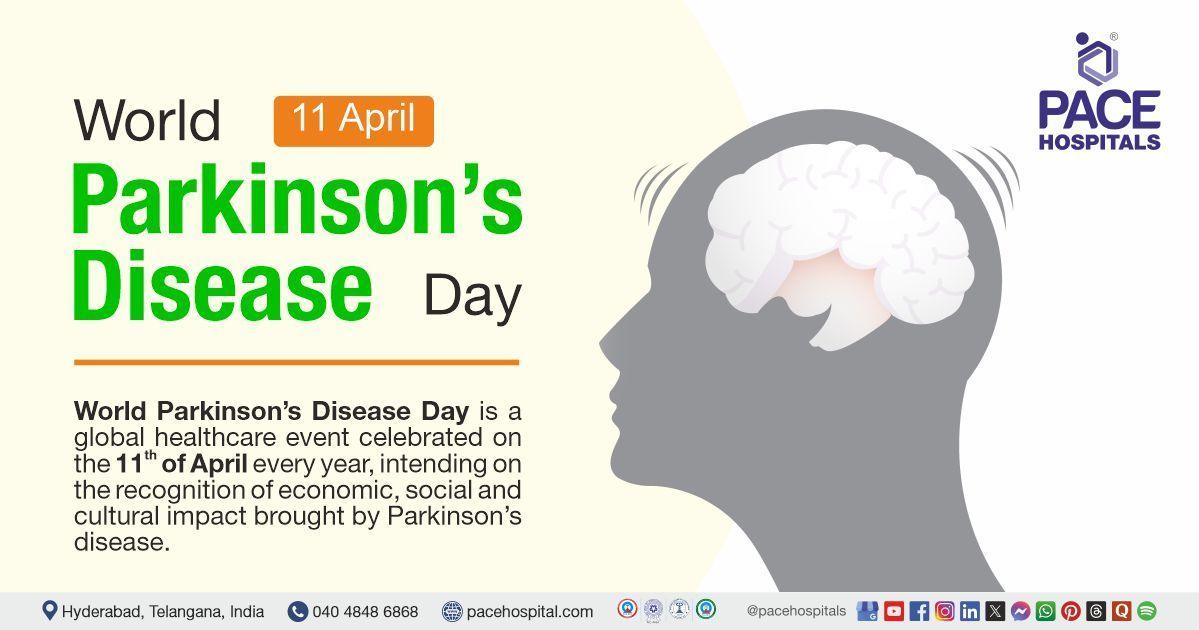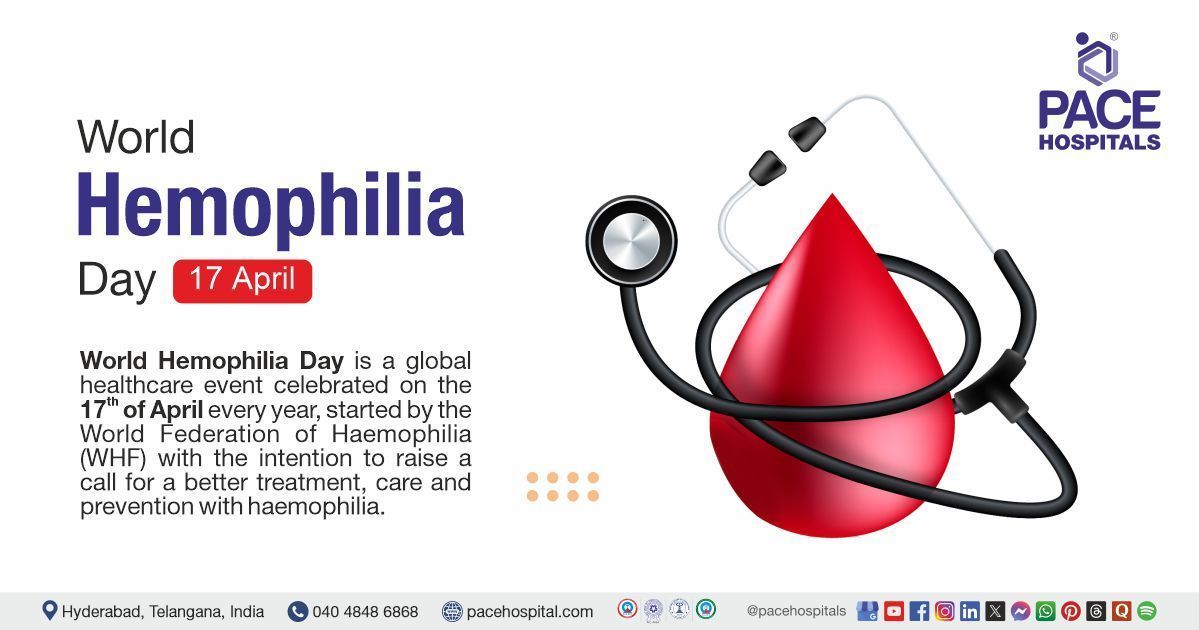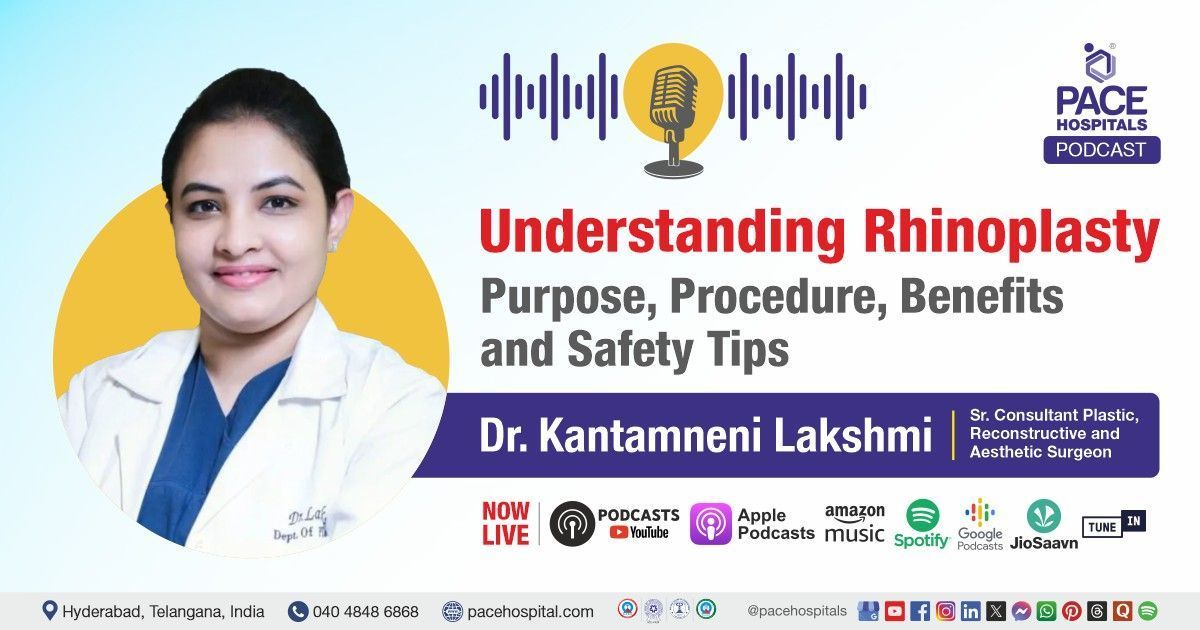Best Urinary Infection Doctor in Hyderabad - Effective UTI Treatment
✅ Recommended by 8,925 Happy Patients. Get hassle-free appointments with UTI specialist doctor.
Dr. Abhik Debnath
MBBS, MS (General Surgery - IMS, BHU), MCh (Urology - CMC Vellore), DNB (Urology)
Experience : 11+ years
Consultant Laparoscopic Urologist, Endourologist, Andrologist & Kidney Transplant Surgeon
Specialist
Specialist in Urological conditions - Kidney stones, Bladder stones, Ureteral stones, Urinary tract infections, Pelviureteric junction obstruction, Chronic kidney disease, Bladder infections, Enlarged prostate, Hydrocele, Overactive Bladder, Interstitial Cystitis, Haematuria, Sexually transmitted infections, Paediatric urological conditions (undescended testicles and bedwetting), Urethral stricture, Urofacial syndrome, Bladder exstrophy, Hydronephrosis, Cancer conditions (bladder cancer, kidney tumour, testicular cancer and prostate cancer), etc.
Expertise
Minimally invasive procedures (endoscopic, laser, laparoscopic and robotic) that includes Renal transplantation and AV fistula creation, Double J stenting, Ureteroscopic lithotripsy (URL), Retrograde intrarenal surgery (RIRS), Percutaneous nephrolithotomy (PCNL), Percutaneous cystolithotomy (PCCL), Cystolitholapaxy, Transurethral resection of the prostate (TURP), Holmium laser prostate surgery (HoLEP), Transurethral resection of bladder tumour (TURBT), Direct vision internal urethrotomy (DVIU), urethroplasty, perineal urethrostomy, etc. In addition, he has special interests in diagnosing and treating overactive or underactive bladder, neurogenic bladder, voiding dysfunction, urological cancers, and urological stones.
Consultation Timing:
Mon to Sat - 9 am to 6 pm
Location:
PACE Hospitals, Hitech City
Dr. K Ravichandra
MBBS, MS (General Surgery), MCh (Urology)
Experience : 10+ years
Consultant Laparoscopic Urologist, Andrologist & Kidney Transplant Surgeon
Specialist
Specialist in Urinary tract infections, Kidney stones, Pelviureteric junction obstruction, Bladder stones, Ureteral stones, Bladder infections, Chronic kidney disease, Enlarged prostate, Overactive Bladder, Hydrocele, Interstitial Cystitis, Sexually transmitted infections, Haematuria, Urethral stricture, Bladder exstrophy, Hydronephrosis, Cancer conditions (bladder cancer, kidney tumour, testicular cancer and prostate cancer), etc.
Expertise
Ureteroscopic Lithoripsy (URSL), Retrograde Intrarenal Surgery (RIRS), Double-J stenting, Percutaneous Nephrolithotomy(PCNL), Percutaneous Cystolithotomy, Cystolitholapaxy, Transurethral Resection of Prostate(TURP), Nephrectomy, Direct Visual Internal Urethrotomy etc.
Consultation Timing:
Mon to Sat - 9 am to 6 pm
Location:
PACE Hospitals, Hitech City
Dr. Vishwambhar Nath
MBBS, MS (General Surgery), DNB (Urology), M.Ch (Urology)
Experience : 40+ years
Senior Consultant Urologist & Renal Transplant Surgeon
Specialist
Specialist in Minimally Invasive treatments for Kidney Stones, BPH and Bladder Dysfunction, and Urological Cancers with a special interest in Bladder Cancer, Kidney Transplantation, and Laparoscopic and Robotic Urology.
Expertise
Medical and Surgical Treatment for BPH and Bladder Dysfunction, Urological Cancers, Reconstructive and tropical Urology, Minimally Invasive treatments for Kidney Stones, Kidney Transplantation, Evidence-Based Medicine, and Bringing the Art Back Into the Science of Medicine.
Consultation Timing:
Mon, Wed, Fri - 11 am to 1 pm
Location:
PACE Hospitals, Hitech City
Urinary Tract Infection - UTI Specialist Doctor in Hyderabad for Advanced Treatment
PACE Hospitals is recognized for having one of the best UTI specialist doctor in Hyderabad and renowned for its expertise in treating Urinary Tract Infections (UTIs). The hospital is home to a team of highly skilled urine tract infection specialist doctors, urologists who specialize in diagnosing and managing both simple and recurrent UTIs with advanced, patient-centered care. Equipped with state-of-the-art diagnostic tools and laser, laparoscopic system, PACE Hospitals ensures accurate and timely detection of underlying causes, such as kidney stones, bladder infections, or other urological issues, offering personalized treatment plans tailored to individual needs.
Our specialists utilize the latest medical advancements, including minimally invasive procedures and comprehensive medical therapies, to ensure rapid recovery and minimize discomfort. From routine UTI screenings to complex cases, with a commitment to excellence in patient care, PACE Hospitals provides a supportive environment, making them the top choice for anyone seeking the Best Urinary Tract Infection Treatment Doctors in Hyderabad, Telangana, India.
Frequently Asked Questions (FAQs) on Urinary Tract Infections (UTIs)
Are UTIs more common in women than men?
Yes. Women are highly susceptible to UTIs (urinary tract infections) than men, owing to the female lower urinary tract structure and proximity (closeness) to the reproductive organs. The female urethra is comparatively short, limiting the distance for bacterial infiltration. Furthermore, it opens into the vulvar vestibule, which is also particularly susceptible to infections, given the prevalence of vulvar vestibulitis and vaginitis.
What are the early warning signs of a UTI?
The warning signs of a urinary tract infection (UTI) in early stages are, pain or burning when urinating (dysuria) which is regarded sure symptom of urinary tract infection, frequent urination, foul smelling urine, lower abdomen or back pain, pressure in the lower abdomen, rise in body temperature and body pains.
What are the primary risk factors for developing a UTI?
UTIs are more common in women due to the shorter urethras and urethra being closer to the rectum. This makes it easier for bacteria to enter the urinary system.
Other risk factors that may cause urinary tract infection include, previous infection in the urinary tract, recent sexual activity, alterations to the bacteria or vaginal flora due to menopause or spermicidal use, pregnancy, age (older adults and young children are more susceptible to develop UTIs), enlarged prostate in men, improper hygiene.
What are the treatment options available for UTI?
The goals of UTI treatment are to ease symptoms, eliminate infection and ensure the reoccurrence, and avoid unlikely and critical consequences such as renal damage and sepsis. Treatment for pregnant women to tackle urinary tract infections should ensure the safety of both the fetus and pregnant lady.
Antibiotics can treat most UTIs. In terms of severe infection, patients may require hospital care, and further evaluation.
Can UTI spread to other parts of the body?
Urinary tract infections (UTIs) are infections that can occur anywhere in the urinary tract. Every year, millions of people suffer from this infection. In case of untreated and complicated urinary tract infection, the infection can spread to the bladder and kidneys.
Can sexual activity cause UTIs?
Sexual activity is undoubtedly a risk factor for urinary tract infections, however sexual intercourse does not directly cause urinary tract infections (UTIs), but it can raise the likelihood. This is because bacteria in the vaginal or anal region can enter the urethra during intercourse, therefore urinating before and after sexual activity significantly reduces the chance of developing UTI.
Are UTIs contagious?
The bacteria that cause UTIs may travel between individuals. However, the disease is not contagious UTIs occur when bacteria from a person's gut (digestive tract) move and develop in the urinary tract. Upper UTIs affect the ureters and kidneys, whereas lower UTIs impact the urethra and bladder.
Are certain age groups more susceptible to UTIs?
Yes, certain age groups, particularly young, sexually active women and older adults, are considered more susceptible to urinary tract infections (UTIs) due to factors such as hormonal changes, weakened immune systems, and differences in anatomical positions that can increase the risk of infection with age; the highest frequency of UTIs occurs in women aged 18 to 39.
Is it possible to have a UTI without typical symptoms?
Yes, it's possible to have a UTI without typical symptoms, a condition known as asymptomatic bacteriuria in which bacteria are present in the urine, but the person has no symptoms; this is most common in older adults and pregnant women, and even a silent (urinary tract infection) UTI may necessitate treatment due to potential complications.
Can a UTI cause painful intercourse or sexual discomfort?
Yes, a urinary tract infection (UTI) can absolutely cause painful intercourse or sexual discomfort, because sexual activity can irritate the inflammation surrounding the urethra, leading to a burning feeling or pain during penetration; this condition is generally referred to as dyspareunia.
Does pregnancy increase the risk of UTIs?
Yes. Pregnancy increases the risk of developing urinary tract infection (UTI). In pregnant women progesterone relaxes smooth muscles, and the uterus compresses the bladder, reducing its capacity. Vesicoureteral reflux (back flow of urine) increased amount of urine left in the bladder after urination (residual urine), and urinary stasis may occur. Any of these alterations result in an increased risk of developing urinary tract infection (UTI) in pregnancy.
Can a UTI lead to kidney damage?
Not generally. Most of the time, kidney damage cannot result from the successful treatment of UTIs. In case, if conditions such as a kidney stone (renal calculi) or an enlarged prostate gland in men are the causes of the infection and if the infection is not treated, urinary tract infections (UTIs) may worsen and eventually cause renal (kidney) damage. And untreated, UTIs in young children with high fevers can occasionally harm the kidneys.
What are the risks of UTIs during pregnancy?
During pregnancy, the anatomy of the urinary tract changes significantly, with hormonal and mechanical factors contributing to ureteral dilation, renal calyceal dilation, and urine stasis, all of which predispose pregnant women to urinary tract infections (UTI).
Can UTIs lead to chronic pain or discomfort?
Chronic pain or discomfort following a urinary tract infection (UTI) can result from an overgrowth of nerve cells in the bladder. This is because when a person gets a UTI, the epithelial cells that line the bladder are sloughed (discarded) off, which can harm adjacent (nearby) nerve tissue. This damage can cause nerves to proliferate and cause infection, resulting in persistent discomfort.
Can recurrent UTIs affect bladder function?
Yes, recurring urinary tract infections (UTIs) can impact bladder function. Acute bacterial cystitis causes edema and the buildup of inflammatory cells in the urothelium and suburothelium (linings of urinary tract). These inflammatory cells may initiate a cascade of tissue inflammation involving many sensory proteins and cytokines, resulting in pain, overactive bladder (OAB) symptoms, and bladder distention. The afferent and efferent nerves in the sub urothelial interstitial cellular network, which integrate the transfer of signals from the urothelium to the detrusor muscles in the bladder wall, have the potential to cause local inflammation.
What tests are used to diagnose a UTI?
Lab tests may be used by the physicians to test the patient’s urine or blood. Urinalysis, urine culture, and blood testing are all types of lab tests. Your doctor may also perform imaging or other testing.
Lab tests
- Urinalysis: Urinalysis examines the patient’s urine sample for blood and white blood cells. When the body fights a bacterial illness, it creates white blood cells.
- Urine culture: Urine culture detects some common forms of bacteria in the urine. Urine culture test may aid in determining whether antibiotics are an appropriate therapy option.
- Blood culture: Blood tests detect more serious infections, such as kidney infections. A blood test may also reveal how well your kidney’s function.
What is urine culture, and why is it important in the diagnosis of UTI?
A urine culture is a laboratory test that detects bacteria or other organisms in a urine sample. It can check for urinary tract infection in both adults and children. A urine culture is a useful technique for detecting urinary tract infections (UTIs) since it can assist determine the type of bacteria causing the infection and the best drug (antibiotic) to treat it.
Are imaging tests ever required for diagnosing a UTI?
Imaging studies are not typically necessary to diagnose urinary tract infections (UTIs). However imaging tests may be needed to examine for abnormalities in the urinary tract.
What are the treatment options for antibiotic-resistant UTIs?
Antibiotic-resistant urinary tract infections (UTIs) can be treated with phosphonic antibiotics as a first-line option, in addition to other options such as nitrofuran antibiotics or penicillin antibiotics, or with a combination of antibiotics depending on the particular resistant bacteria. Culture and sensitivity testing are necessary to determine the best course of action, and intravenous antibiotics may be necessary in severe cases.
Is there a permanent cure for recurrent UTIs?
Recurrent urinary tract infections (UTIs) can be difficult to control. While there is no proven permanent cure, there are a number of promising therapies and preventive measures such as, taking low dose antibiotics, getting immunization (vaccination) against urinary tract infection, lifestyle modification.
What are the risks of using over-the-counter UTI treatments?
Antibiotics do not function the same way, so the patient should consult the physician or urologist to determine which one the patient should use. Antibiotics can have dangerous adverse effects, so only take them as prescribed by the physician. Like usual drugs, antibiotics may have side effects such as rashes development, dizziness, nausea, etc.
Which doctor to consult for UTI in female?
While a gynecologist can treat certain urinary-related diseases, like urinary tract infection (UTI), they may also refer the female patient to a urologist if the patient has repeated UTIs or other symptoms that indicate a problem within the urinary tract.
Which doctor to consult for UTI in male?
General physicians are well-equipped to diagnose and manage many cases of Urinary Tract Infections (UTIs), particularly those that are mild or recurrent, whereas
urologists are the specialists who have in-depth knowledge in addressing conditions related to the urinary tract with a focus on treating issues related to the kidneys, bladder, prostate, and male reproductive organs. In situations where the UTI is severe, persistent, or associated with an underlying medical issue, consulting a urologist is advisable. Urologists can provide more specialized care and treatment options for such cases, ensuring that patients receive the most appropriate and effective medical attention.
What our patients have to say
Experts perspective
Related articles
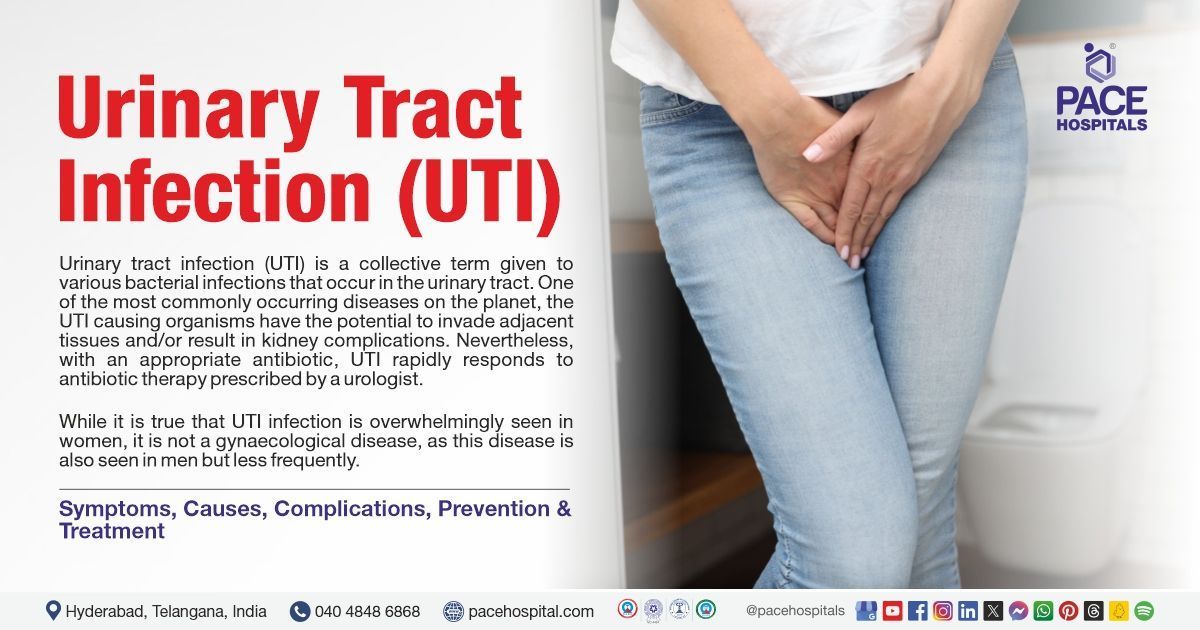
Why choose PACE Hospitals?
- A Multi-Super Speciality Hospital.
- NABH, NABL, NBE & NABH - Nursing Excellence accreditation.
- State-of-the-art Liver and Kidney transplant centre.
- Empanelled with all TPA’s for smooth cashless benefits.
- Centralized HIMS (Hospital Information System).
- Computerized health records available via website.
- Minimum waiting time for Inpatient and Outpatient.
- Round-the-clock guidance from highly qualified urologists, nephrologists & general physicians.
- Standardization of ethical medical care.
- 24X7 Outpatient & Inpatient Pharmacy Services.
- State-of-the-art operation theaters.
- Intensive Care Units (Surgical and Medical) with ISO-9001 accreditation.
Request an appointment
Fill in the appointment form or call us instantly to book a confirmed appointment with our super specialist at 04048486868
Appointment request - health articles
Thank you for contacting us. We will get back to you as soon as possible. Kindly save these contact details in your contacts to receive calls and messages:-
Appointment Desk: 04048486868
Whatsapp: 8977889778
Regards,
Pace Hospitals
Hitech City and Madinaguda
Hyderabad, Telangana, India.
Oops, there was an error sending your message. Please try again later. We will get back to you as soon as possible. Kindly save these contact details in your contacts to receive calls and messages:-
Appointment Desk: 04048486868
Whatsapp: 8977889778
Regards,
Pace Hospitals
Hitech City and Madinaguda
Hyderabad, Telangana, India.
Our Locations – Find the Best Hospital Near You
Metro Pillar Number C1772, Beside Avasa Hotel, Hitech City Road, Near HITEC City Metro Station, Hyderabad, Telangana, India.
Mythri Nagar, Beside South India Shopping Mall, Hafeezpet, Madeenaguda, Hyderabad, Telangana, India.
040 4848 6868
Payment in advance for treatment at PACE Hospitals, Hyderabad, Telangana, India (Pay in INR ₹)
For Bank Transfer:-
- Bank Name: HDFC
Company Name: Pace Hospitals
A/c No.50200028705218
IFSC Code: HDFC0000545 - Bank Name: STATE BANK OF INDIA
Company Name: Pace Hospitals
A/c No.62206858997
IFSC Code: SBIN0020299
Scan QR Code by Any Payment App (GPay, Paytm, Phonepe, BHIM, Bank Apps, Amazon, Airtel, Truecaller, Idea, Whatsapp etc).

CONTACT US
Call: +914048486868
WhatsApp: +918977889778
Email: info@pacehospitals.in
FOLLOW US
SUBSCRIBE
Subscribe to our newsletter and stay updated with the latest health information.
Subscribe to PACE Hospitals' Public Newsletter
Thank you for subscribing to PACE Hospitals' Newsletter. Stay updated with the latest health information.
Oops, there was an error. Please try again submitting your details.
ABOUT US
QUICK LINKS
Disclaimer
General information on healthcare issues is made available by PACE Hospitals through this website (www.pacehospital.com), as well as its other websites and branded social media pages. The text, videos, illustrations, photographs, quoted information, and other materials found on these websites (here by collectively referred to as "Content") are offered for informational purposes only and is neither exhaustive nor complete. Prior to forming a decision in regard to your health, consult your doctor or any another healthcare professional. PACE Hospitals does not have an obligation to update or modify the "Content" or to explain or resolve any inconsistencies therein.
The "Content" from the website of PACE Hospitals or from its branded social media pages might include any adult explicit "Content" which is deemed exclusively medical or health-related and not otherwise. Publishing material or making references to specific sources, such as to any particular therapies, goods, drugs, practises, doctors, nurses, other healthcare professionals, diagnoses or procedures is done purely for informational purposes and does not reflect any endorsement by PACE Hospitals – your trusted hospital near me.





